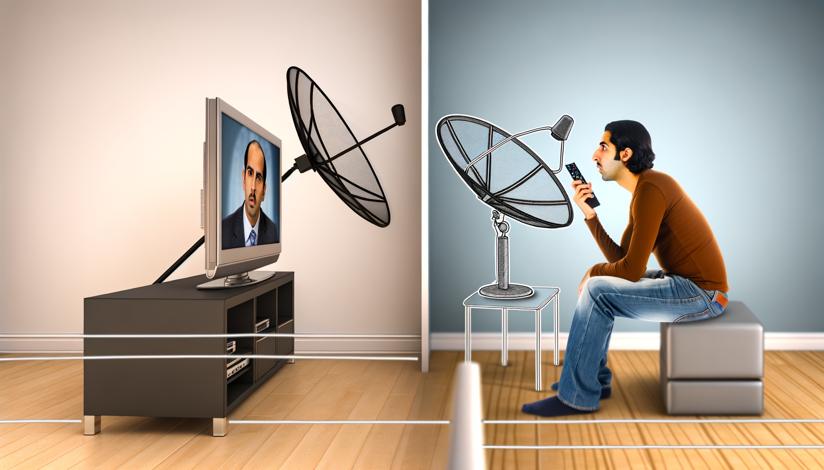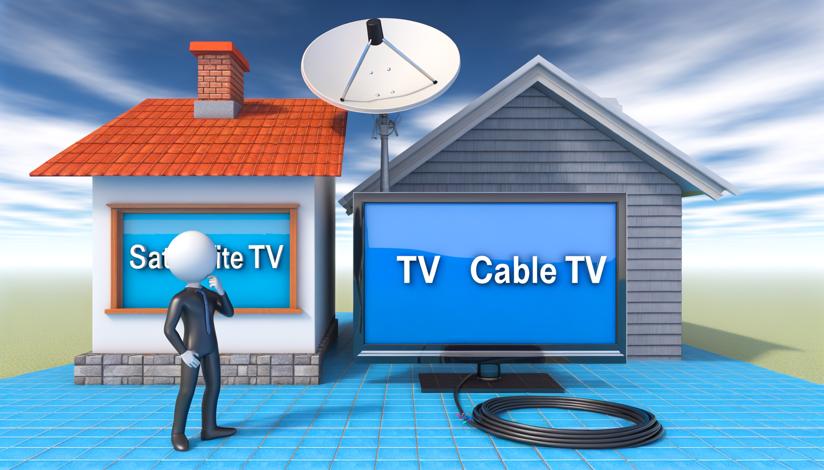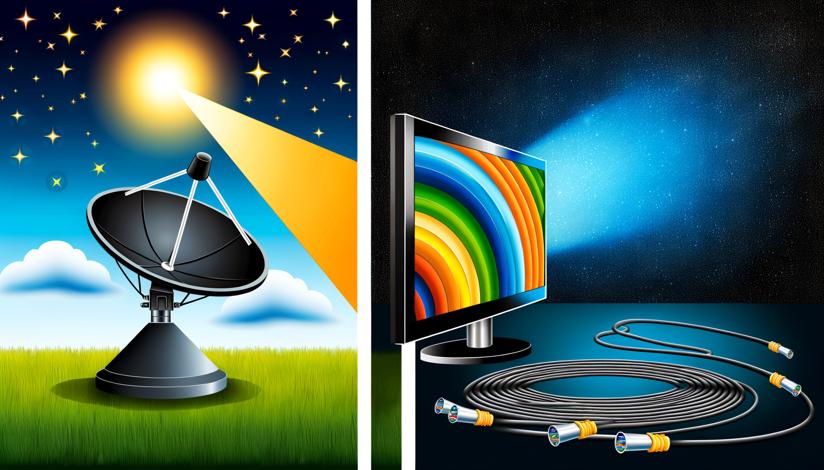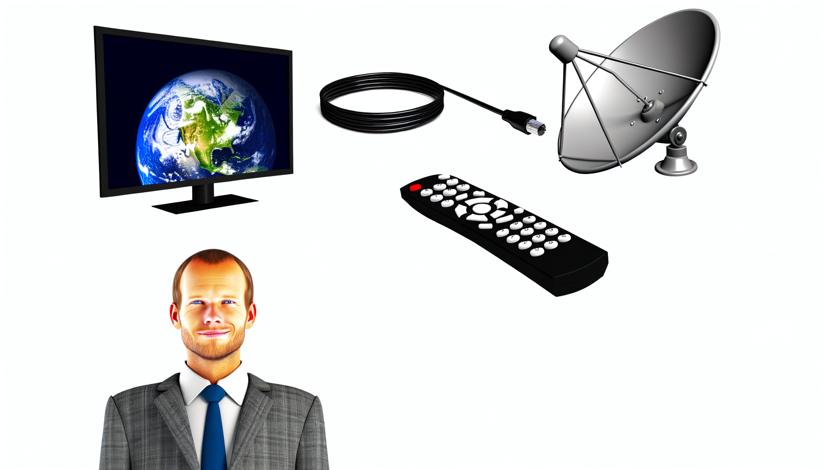
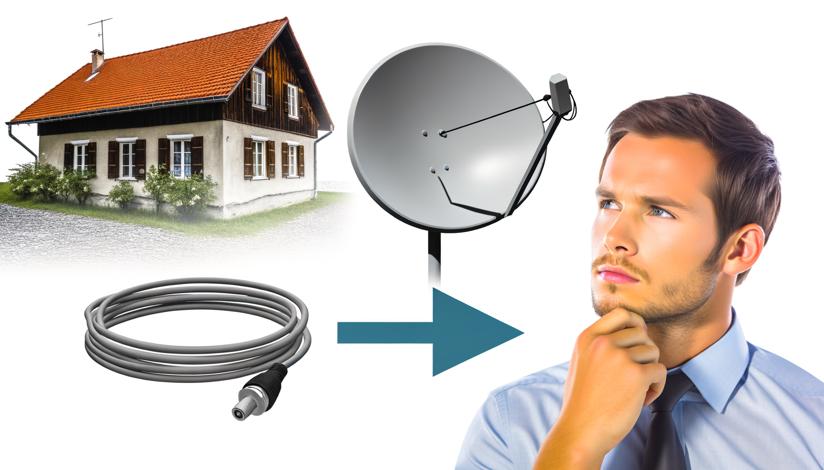
1. Pricing: When it comes to pricing, satellite TV tends to have more affordable packages compared to cable TV. Satellite TV providers often offer promotional deals and discounts, making it a cost-effective option for many consumers. On the other hand, cable TV can be more expensive due to additional fees and equipment charges.
2. Channel Selection: Satellite TV offers a wide range of channels, including premium channels and international programming. You can access a variety of sports, news, entertainment, and movie channels with satellite TV. Cable TV also provides a diverse channel lineup but may have limitations in terms of certain niche channels or international programming.
3. Installation Process: Satellite TV requires a satellite dish installation, which can be a more complex process compared to setting up cable TV. You need to find a suitable location for the dish and ensure it has a clear view of the sky. Cable TV, on the other hand, requires a technician to come to your home and install the cables and equipment.
4. Picture Quality: Satellite TV typically offers better picture quality, especially for HD channels. Since satellite TV broadcasts signals directly from the satellite to your dish, there is less chance of signal degradation compared to cable TV, which relies on cables and infrastructure. However, cable TV has made significant advancements in picture quality in recent years.
Overall, both satellite TV and cable TV have their own advantages and disadvantages. Satellite TV is often more affordable, offers a wide range of channels, and has superior picture quality. On the other hand, cable TV provides a reliable and stable connection, with the option to bundle internet and phone services. Consider your budget, channel preferences, and installation requirements before making a decision.

Affordable pricing
Wide range of channels

Complex installation process
Possible signal degradation













-
https://www.businessinsider.com/satellite-tv-vs-cable-tv























